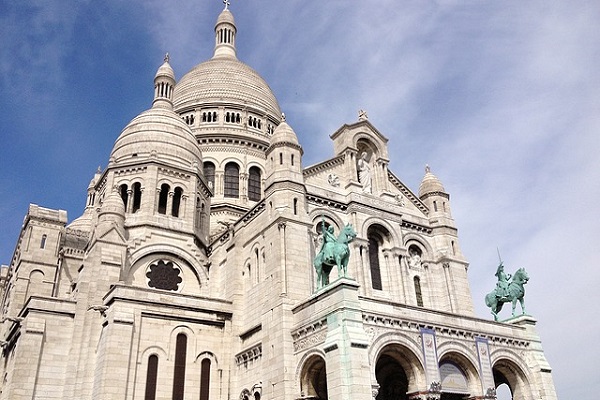
Catholics No Longer Allowed to Keep Cremated Remains in Homes
- By Gary Nguyen --
- 28 Oct 2016 --

The Vatican has released a set of rules surrounding how cremated remains are to be stored.
Until 1963, the Catholic Church had banned Catholics from getting cremated after their death. Today, although the Church still insists that a burial is recommended, it has relaxed the ban and allowed Catholics to opt for cremations if that is what they desire.
However, the unusual ways in which the ashes of the deceased have been treated post-cremation has prompted the church to issue official guidelines to provide a framework for Catholic cremations.
Catholics No Longer Allowed to Keep Cremated Remains in Homes[/tweetthis]
The Church had allowed its deceased members to be cremated if it was done in sync with the Church’s teachings.
Now the Church has brought out a set of concrete rules that must be adhered to in cases of cremations. The main point the Church has stressed on is the ashes of the deceased are not to be kept at home or distributed among loved ones and are to be interred in a Catholic cemetery. Until now, many families have been keeping the ashes of their loved ones in urns in their homes, a practice the Church says is a ‘desecration’ of the sacredness of the human body.
Christianity has traditionally been practicing burials because of the Christian doctrine, at the end of time all the deceased will be raised to life again. However, after 1963, the Church officially announced, the intactness of the body will not matter when the time for resurrection to come.
Vatican Issues Cremation Guidelines to Counter New Age Culture: Vatican Issues Cremation Guideline… https://t.co/wxGGb2iHMZ #mcgspirit
— George McGMaryland (@McGMaryland) October 26, 2016
The Church feels the permission to cremate has given rise to pagan practices. People scatter the ashes of their loved ones in water bodies, among trees, in the air and so on. These acts are reminiscent of pantheistic rituals and Catholics have been forbidden from engaging in them. The Church said those who want a cremation for pantheistic and pagan reasons should not ask for a Catholic funeral.
People have also used the ashes from cremations to make show-pieces, jewelry, crackers, and even bullets. The Church said if the ashes are treated in any way other than placing them in a sacred place like a cemetery, it is an act of desecration.
Critics, however, insisted what is to done with the ashes after death is a choice left to the deceased and nobody has the right to interfere in this matter.


















